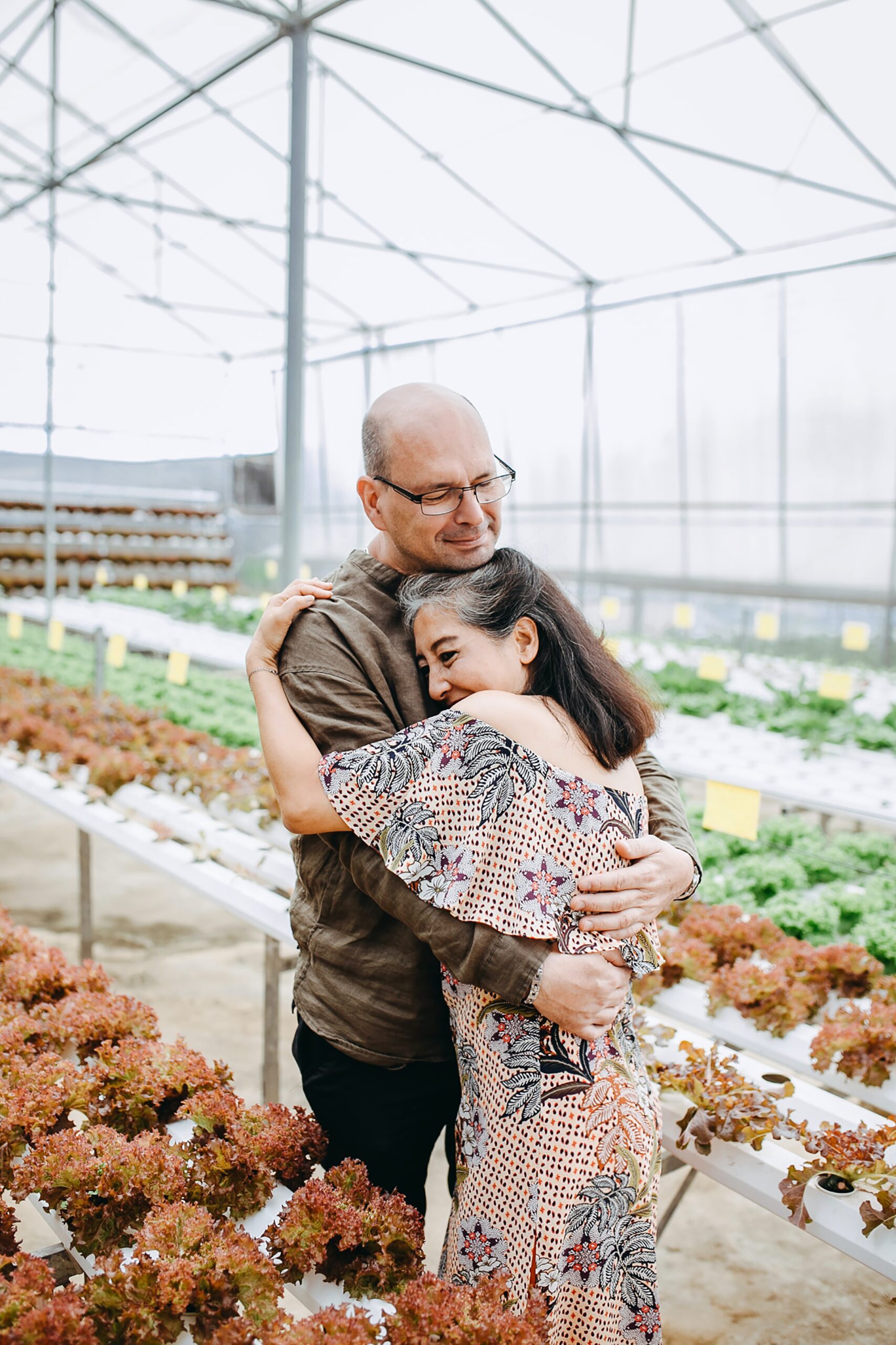Common Challenges
Couples therapy is a powerful way to rediscover the bond in your relationship and rekindle the camaraderie and closeness you once enjoyed. At times when your relationship faces challenges, it can add to the rigors of everyday life, especially in your home environment.
Many people turn to couples therapy when their intimacy or communication seems to be waning and barely surviving. Oftentimes, the couple is at a crucial turning point, unsure of which direction to go or even doubting their willingness to move forward together.
Consider seeking virtual couples therapy if you identify with the following signs:
Struggling with effective communication with your significant other.
Feeling bored or indifferent about your relationship.
Engaging in recurring arguments without any resolution.
Looking to enhance and fortify your relationship.
Experiencing feelings of estrangement from your partner.
Feeling deprived of your needs, such as time or affection.
Navigating a significant life change, like relocating, starting a new job, or making a tough decision.
Dealing with recent acts of betrayal, such as infidelity.
Moving from independent living to a shared living arrangement.
Transitioning into parenthood.
Adjusting to an empty nest as children leave home.
Handling parenting at varying life stages.
Managing expectations from extended family members.
Contemplating merging families.
Considering separation or divorce and uncertain about concluding the relationship.
Struggling with emotional co-regulation and expecting your partner to manage your emotions.
Supporting a partner coping with a long-term illness, including mental health conditions.
Seeking to establish a robust foundation before marriage (premarital counselling).

